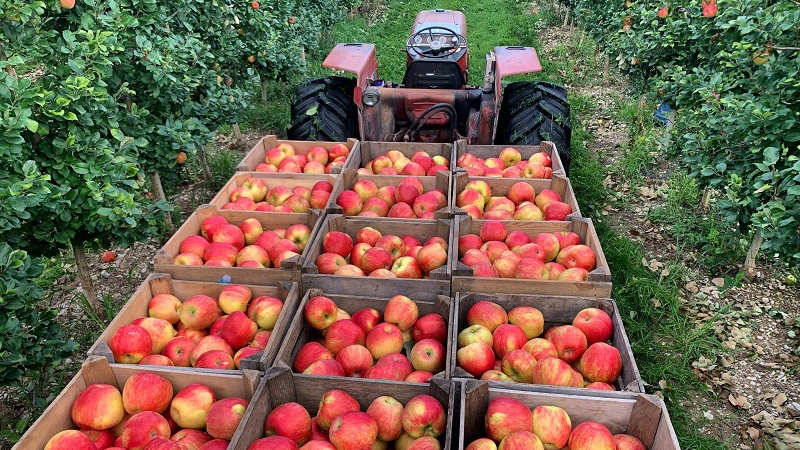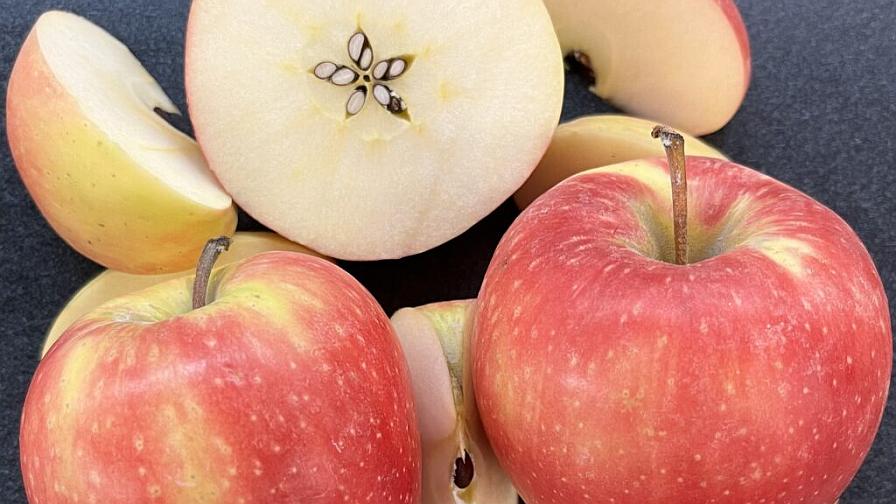Opinion: Fruits And Vegetables Are Part Of The Cure

My doctor recommends I take a multivitamin each day, even though I’ve made it clear that while I’m no health food fanatic, I do make it a point to eat plenty of fruits and vegetables. The way the doctor’s argument is framed, the multivitamin is kind of like cheap health insurance, just to ensure my body is getting all the stuff it needs each day to keep humming along like a finely tuned Ferrari. (I wish!)
Recent news reports suggest I should consider getting a new doctor.
A few weeks ago, The Atlantic published a piece, “The Vitamin Myth: Why We Think We Need Supplements,” that I certainly found eye-opening. Back in 2011, researchers from the University of Minnesota found that women who took supplemental multivitamins died at rates higher than those who didn’t. Two days later, researchers from the Cleveland Clinic found that men who took vitamin E had an increased risk of prostate cancer. These findings weren’t new, according to the story, which went on to say that seven previous studies had already shown that vitamins increased the risk of cancer and heart disease and shortened lives.
Still, in 2012, more than half of all Americans took some form of vitamin supplements. Apparently I’m not alone in — maybe — getting snookered.
Patients Veg Out
My suspicions were further stoked when I read the widely reported news that two New York City hospitals are handing fruit and vegetable prescriptions to overweight patients. Fruit and Vegetable Prescription Program (FVRx) prescriptions will function, essentially, as coupons for fresh produce. Patients can take their “health bucks” to a number of farmers markets throughout the city and trade them in for vegetables or fruit.
The four-month pilot program, created by a Connecticut-based nonprofit organization called Wholesome Wave, was designed specifically to help underprivileged overweight and obese children who are at risk of developing diet-related diseases, such as type 2 diabetes and heart disease. It is currently being implemented at Lincoln Medical Center in the Bronx and Harlem Hospital in Manhattan — two areas at high risk for poor youth nutrition, according to New York Health Commissioner Thomas Farley.
“This is probably going to prevent an awful lot of disease in the long term than the medicines we tend to write prescriptions for,” he told reporters, noting that one in 10 New Yorkers don’t eat any fruits or vegetables on a given day. In the Bronx, that number shoots up to five in 10. There’s even one guy in the Bronx, home to the New York Yankees, who tried to enhance his performance with drugs instead of vegetables, a cautionary tale if there ever was one.









